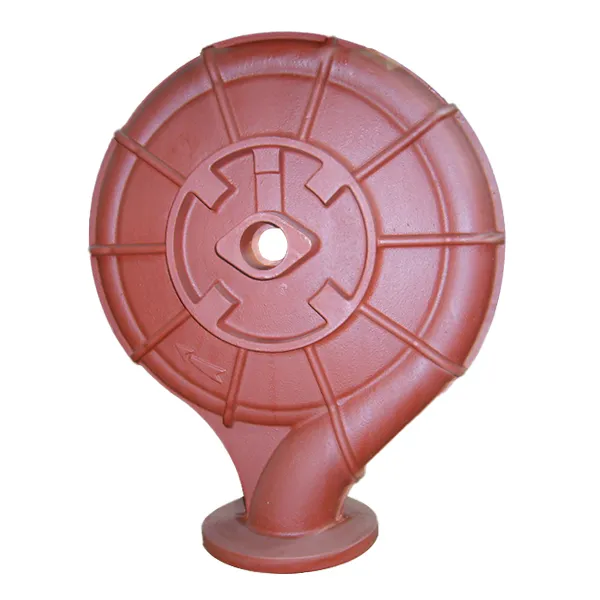Mobile:+86-311-808-126-83
Email:info@ydcastings.com
technopolymer impeller
The Rise of Technopolymer Impellers in Modern Engineering
In today’s rapidly evolving engineering landscape, the demand for advanced materials is greater than ever. One notable innovation is the use of technopolymer impellers, which have emerged as a game changer in various applications, from water treatment to industrial pumping systems. Technopolymers, characterized by their high performance and durability, offer a range of benefits that traditional materials simply cannot match.
Technopolymer impellers are constructed using advanced thermoplastic materials that exhibit high resistance to corrosion, fatigue, and extreme temperatures. Unlike metal counterparts, which can suffer from oxidation and deterioration over time, technopolymer impellers maintain their integrity even in harsh environments. This resistance to corrosion makes them particularly appealing for use in water, chemicals, and other fluids, extending the lifespan of the impeller and reducing maintenance costs.
One of the key advantages of technopolymer impellers is their lightweight nature. The reduced weight translates into lower energy consumption when used in pumping applications, ultimately leading to cost savings over time. As energy efficiency becomes a pivotal factor in global sustainability efforts, manufacturers are increasingly leaning towards lightweight materials. The ease of handling and installation of technopolymer impellers further contributes to their growing popularity among engineers and technicians alike.
technopolymer impeller

In addition to weight and corrosion resistance, technopolymer impellers exhibit excellent strength-to-weight ratios. This property not only contributes to their durability but also allows for innovative designs that can enhance performance. Engineers can utilize computer-aided design (CAD) tools to create intricate geometries that optimize fluid dynamics, leading to improved flow rates and reduced turbulence. Such advancements enable technopolymer impellers to outperform traditional materials, providing both efficiency and reliability in various applications.
Moreover, the versatility of technopolymers allows for customization to meet specific needs. Different formulations of technopolymer can be engineered to enhance specific properties, such as impact resistance or thermal stability, tailored to the unique demands of particular industries. This customization capability makes technopolymer impellers suitable for a wide array of applications, including automotive, aerospace, marine, and industrial sectors.
As industries continue to prioritize sustainability and efficiency, technopolymer impellers represent a forward-thinking solution that aligns with these goals. The use of recyclable materials in their production further enhances their appeal, ensuring that they contribute to a circular economy model. Manufacturers are increasingly realizing that adopting technopolymer solutions not only benefits their bottom line but also supports global environmentally responsible practices.
In conclusion, the development and adoption of technopolymer impellers signify a significant leap forward in material science, offering unparalleled advantages in terms of durability, weight, and customization. As industries increasingly look for innovative solutions to complex challenges, it is clear that technopolymer impellers will play a vital role in shaping the future of engineering and manufacturing processes. With their robust performance and commitment to sustainability, technopolymer impellers are poised to make a lasting impact across a multitude of sectors.
-
Why Should You Invest in Superior Pump Castings for Your Equipment?NewsJun.09,2025
-
Unlock Performance Potential with Stainless Impellers and Aluminum End CapsNewsJun.09,2025
-
Revolutionize Your Machinery with Superior Cast Iron and Aluminum ComponentsNewsJun.09,2025
-
Revolutionize Fluid Dynamics with Premium Pump ComponentsNewsJun.09,2025
-
Optimizing Industrial Systems with Essential Valve ComponentsNewsJun.09,2025
-
Elevate Grid Efficiency with High-Precision Power CastingsNewsJun.09,2025











